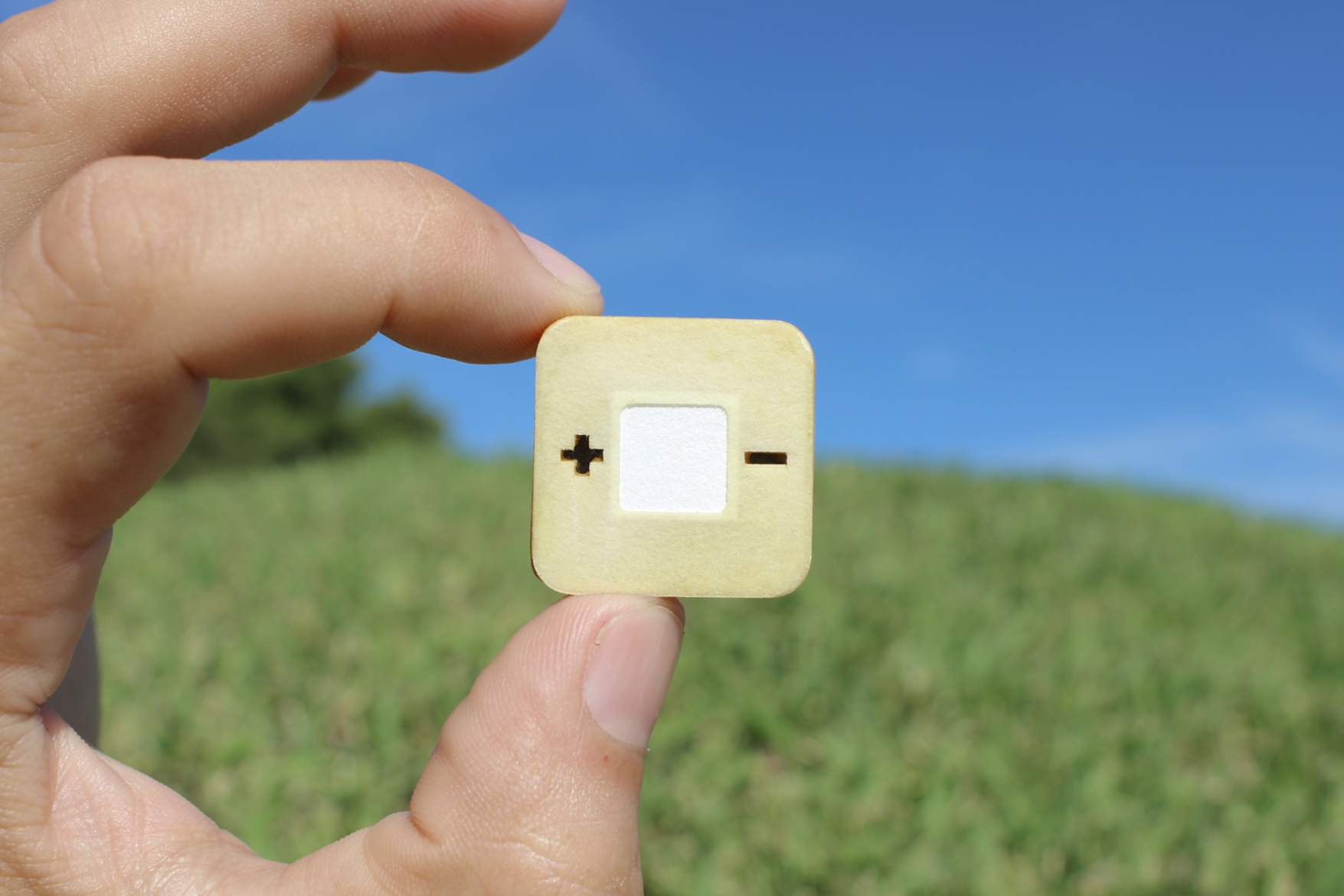 In its first “Science for Solving Society’s Problems Challenge,” ECS partnered with the Bill & Melinda Gates Foundation to leverage the brainpower of the many scientists in electrochemistry and solid state science and technology that regularly attend ECS meetings. From this project, seven presentations were selected, with a total of $360,000 awarded to pursue research projects addressing world sanitation problems.
In its first “Science for Solving Society’s Problems Challenge,” ECS partnered with the Bill & Melinda Gates Foundation to leverage the brainpower of the many scientists in electrochemistry and solid state science and technology that regularly attend ECS meetings. From this project, seven presentations were selected, with a total of $360,000 awarded to pursue research projects addressing world sanitation problems.
The powerPAD, a collaboration among Neus Sabaté, Juan Pablo Esquivel, and Erik Kjeang, was one of the projects selected to receive $50,000 in funding. Now, just over two years later, the researchers are discussing their findings and how their work has transformed over time.
“As originally proposed, the developed battery is completely made of organic materials such as cellulose, carbon electrodes, beeswax and organic redox species, and can be fabricated by affordable methods with low energy consumption,” Esquivel told ECS in an email. “After it’s used, the battery can be disposed of in an organic waste container or even discarded in the field, because it biodegrades by the action of microorganisms present in soils and water bodies. In the article we have shown that this biodegradable battery can substitute for a Li-ion coin cell battery to run a portable water monitoring device. The battery is activated upon the addition of a drop of the same water sample that is analyzed.”
According to Esquivel, this development signifies the first truly biodegradable battery under biotic conditions. Many of today’s battery-powered device rely on the lithium-ion battery. While the lithium-ion battery has revolutionized rechargeable devices, some researchers share concerns of what to do with the battery once it has reached the end of its life. While the batteries are recyclable, they are not biodegradable, which could result in environmental issues.
(MORE: Listen to Esquivel discuss the powerPAD in the podcast below.)
“The developed portable battery technology is an especially relevant candidate because it meets the sustainability principles of circular economy theory, in which waste has to be minimized from the very conception of the device,” says Esquivel, scientist at the Instituto de Microelectronica de Barcelona.
Further, Esquivel states that this technology completely shifts the paradigm when it comes to end of life issues related to batteries. Not only is the device biodegradable, but it can nurture the environment, enrich soil, or remove toxins from water beyond the typical life cycle of a battery.
“The whole team involved in this development is very happy with the outcome of this project,” says Esquivel. “What started as a crazy idea has turned into a working prototype with a very promising future. We will continue working on this topic to push forward this battery concept and exploit all its capabilities.”

